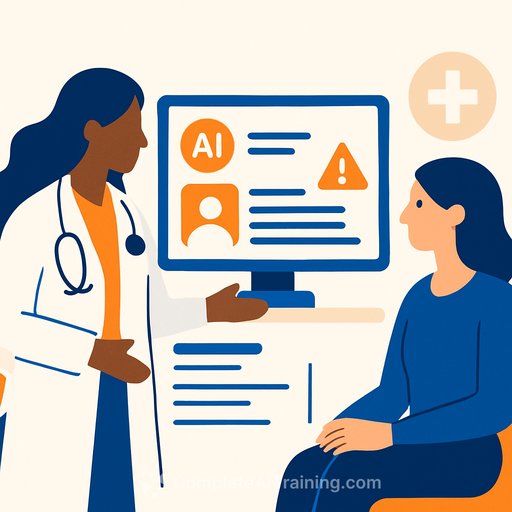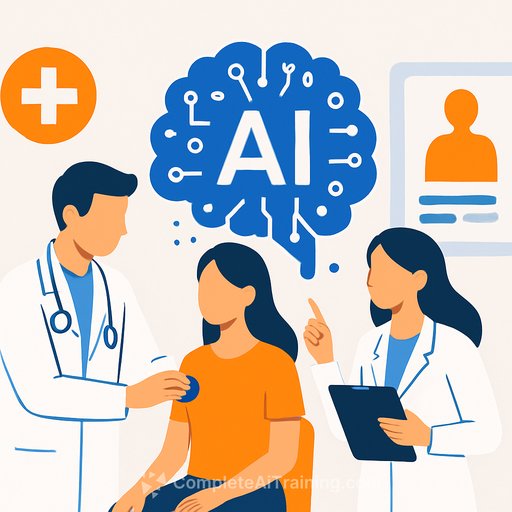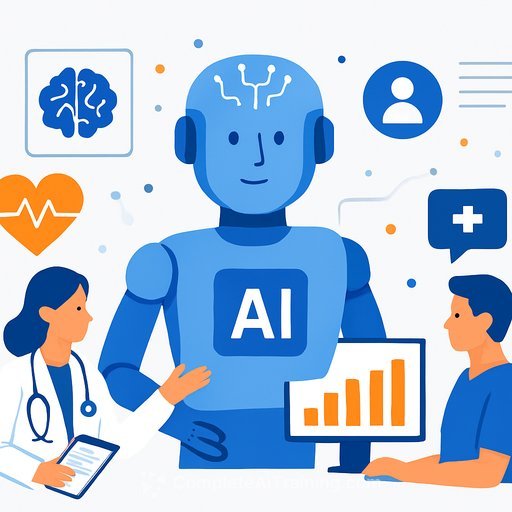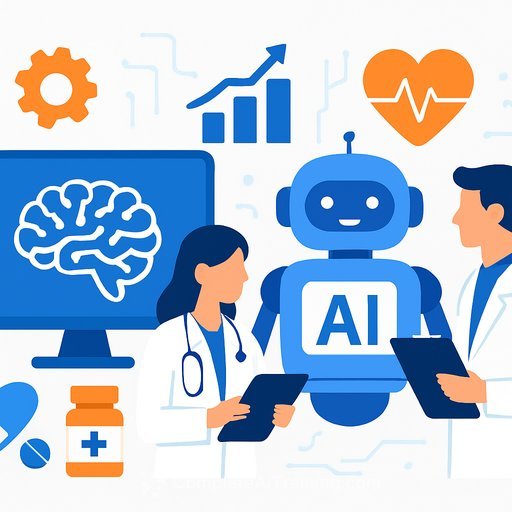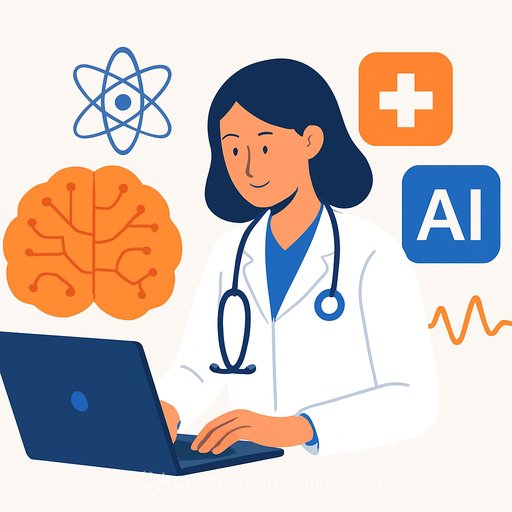The Kaiser Permanente Intelligent Navigator: Enhancing Patient Care with AI
The Kaiser Permanente Intelligent Navigator (KPIN), integrated within the patient portal, has demonstrated an impressive ability to identify urgent medical cases with 97.7% accuracy. Additionally, it recommends appropriate care pathways correctly 88.9% of the time, improving both patient safety and care efficiency.
Introduction
A recent study published by Nature details the performance of KPIN, a platform that uses artificial intelligence and natural language processing (NLP) to enhance patient interactions through the portal. Unlike many systems that simply redirect patients to call centers, KPIN completes digital encounters by recommending care options and generating alerts for high-acuity cases. This approach reduces delays and personalizes care delivery on a large scale.
The Challenge
Healthcare providers are adapting to a more consumer-focused environment where patients expect personalized care combined with convenience. Online portals have become essential for accessing services, messaging providers, and scheduling appointments.
However, many portals rely on static menus that often fail to address patients’ specific needs. Recognizing this gap, Kaiser Permanente developed KPIN to better capture patient intent through free-text input, ensuring that care recommendations align with what patients describe in their own words.
As a value-based, integrated care system, Kaiser Permanente emphasizes improving both patient experience and outcomes. Smartphones serve as the primary access point for many patients, making a digital-first approach critical.
Since October 2024, KPIN has been deployed for 4.9 million Kaiser Permanente patients in Southern California. Rather than directing patients to call centers, it completes their digital journey by offering personalized care options suited to their unique cases.
How KPIN Works
Patients enter their care needs using natural language instead of navigating through preset menus. The AI NLP technology interprets this input and recommends relevant care options quickly.
High-acuity cases are flagged early, allowing for immediate clinical triage. This ensures patients requiring urgent care are directed to the right clinician without delay.
Meeting the Challenge with AI NLP
KPIN uses AI-powered NLP to understand free-text patient requests and provide suitable care choices. Unlike traditional portals where patients scroll endlessly through menus, KPIN acts as a “front door” to care by interpreting patient language directly.
This system personalizes each interaction and guides patients to the appropriate care team. It achieves a success rate of placing patients in the correct appointment about 50% of the time, outperforming the industry standard of 33%.
Results
- Urgent medical cases were identified accurately 97.7% of the time.
- Appropriate care pathways were recommended correctly 88.9% of the time.
KPIN converts patient free-text into clinical alerts for high-acuity cases and suggests timely booking options. This reduces care delays and enhances personalized care experiences.
Custom few-shot transformer models power KPIN’s clinical alert system (CAS) and care navigation system (CNS). Transformers are AI models that understand relationships within text, enabling rapid and accurate interpretation of patient input. This supports real-time clinical decision-making with minimal delay.
Best Practices and Clinical Integration
KPIN’s success depends heavily on clinical leadership. Physician subject matter experts guided the training of AI models, ensuring clinical relevance and safety.
A multidisciplinary team of physicians, nurses, and clinical staff continuously optimizes KPIN performance. Frontline providers and operational staff contribute feedback, creating a continuous improvement loop focused on patient safety and care quality.
KPIN exemplifies an AI system that supports healthcare professionals rather than replacing them — automating routine tasks while keeping clinical expertise at the core.
Conclusion
Kaiser Permanente’s Intelligent Navigator demonstrates how AI can improve digital patient engagement by accurately identifying urgent cases and recommending personalized care pathways. Its integration within a value-based care model and ongoing clinical oversight ensure safety and effectiveness.
For healthcare professionals interested in AI applications in patient care, tools like KPIN offer practical examples of how technology can enhance workflows and patient outcomes without compromising clinical judgment.
To explore more about AI technologies in healthcare and practical AI training, visit Complete AI Training.
Your membership also unlocks:

